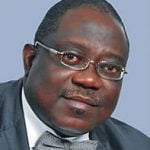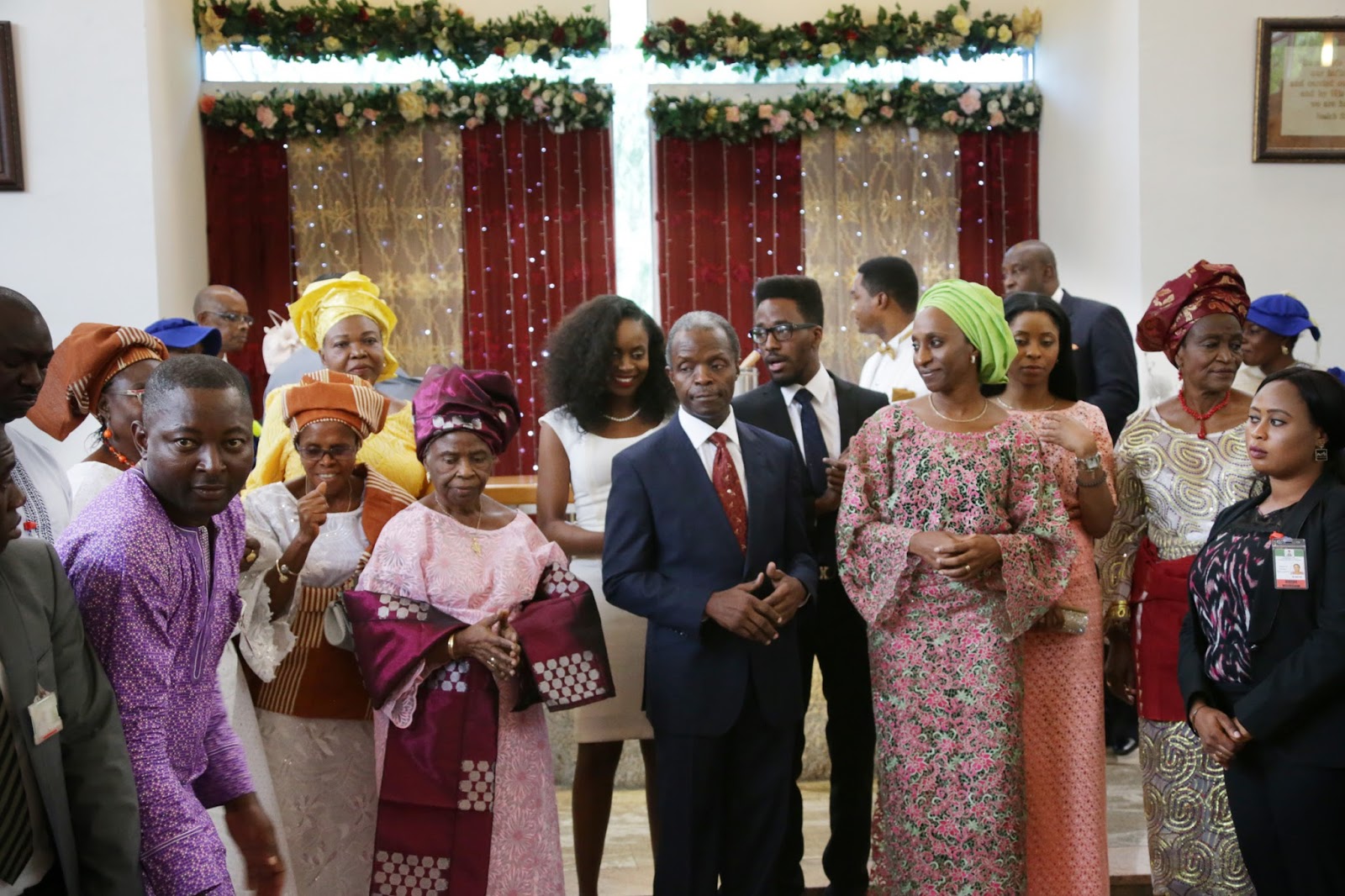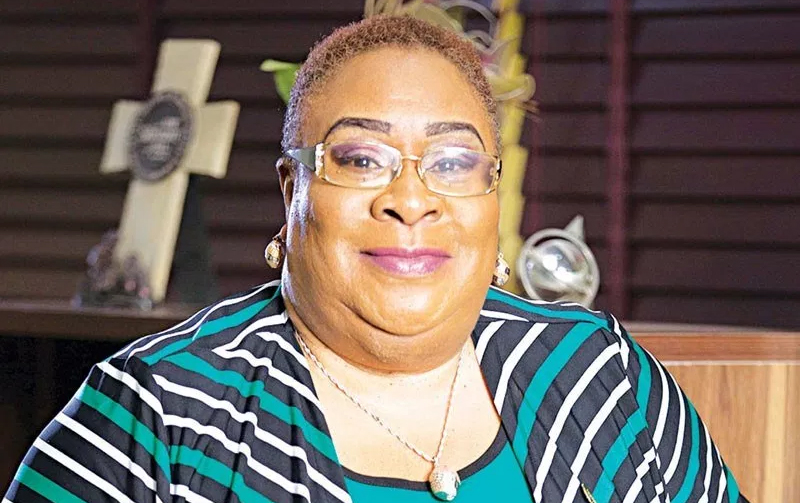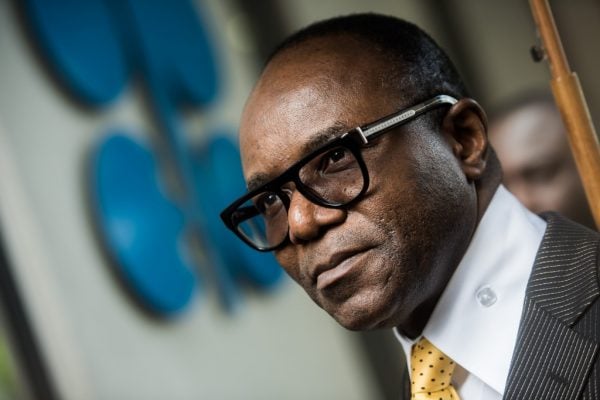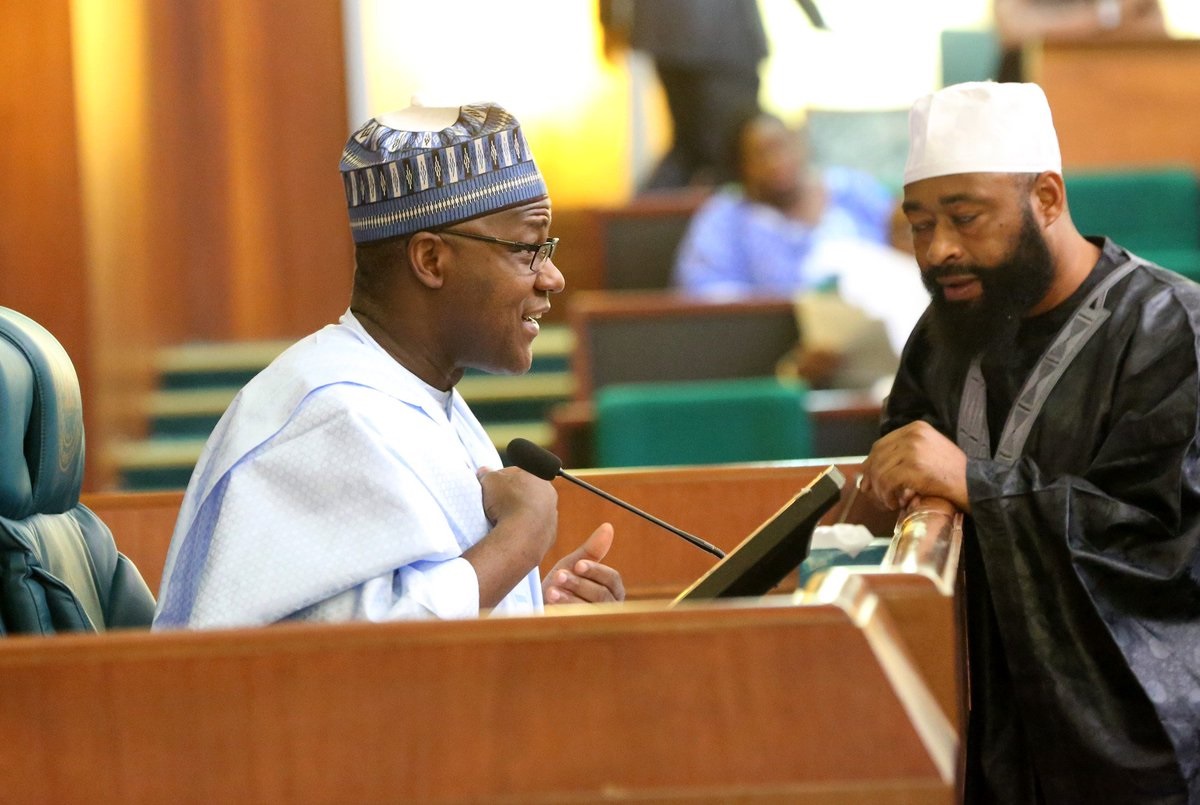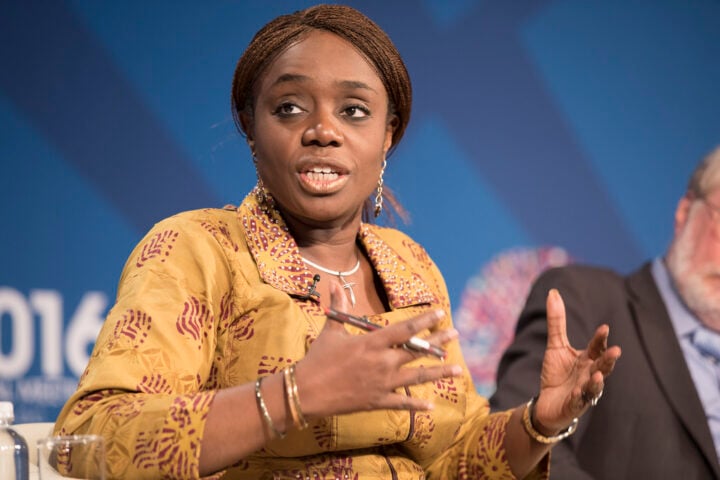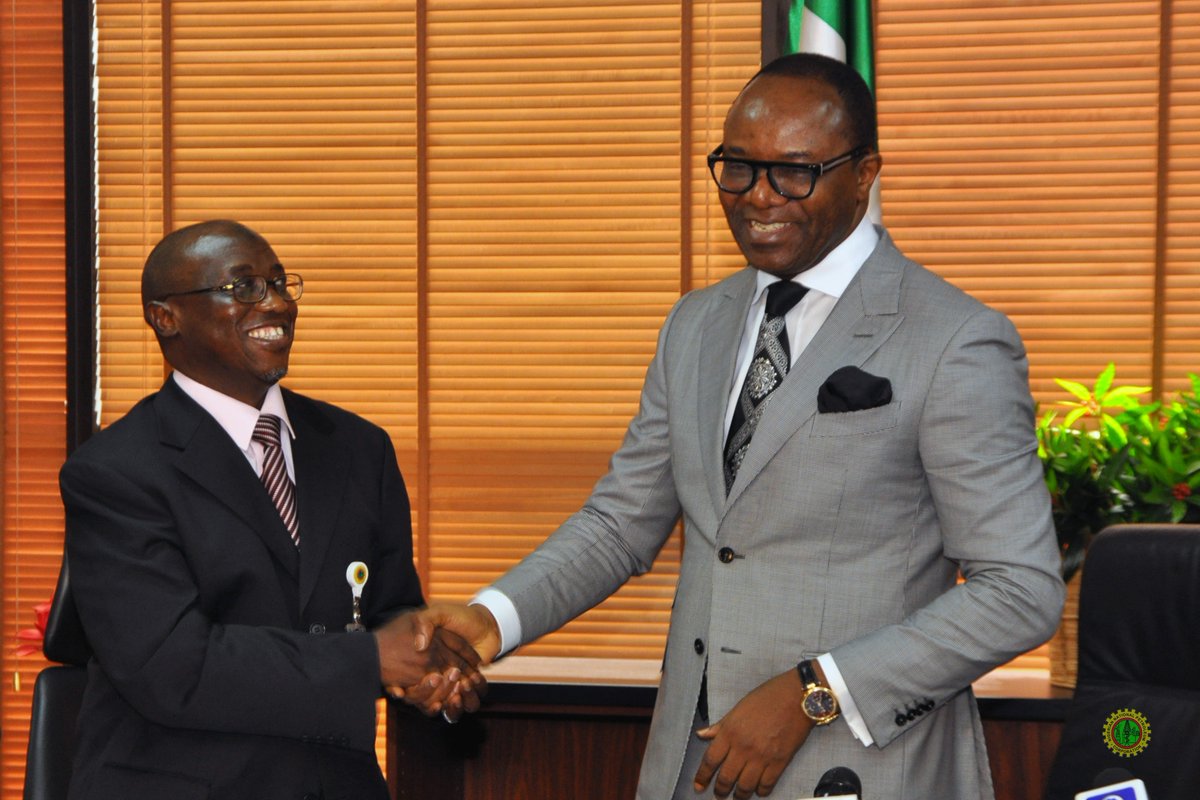In the Scriptures, the Proverbs and Ecclesiastes constitute two of the most profound books which distill insights into human experiences and direction in life. These are indeed books that take my time when I need to reflect on human nature and the conditions for human progress, or the lack of it, as the case may be. It takes little reflection to see how the books of Proverbs and Ecclesiastes could constitute a significant instrument in a reformer’s arsenal.
It did not take long for me to immediately see, as a public servant, that the dynamics of governance cannot survive without critical spiritual elements. Thus, for me, all forms of discourses, and especially the discourse on good governance in Nigeria, has the seed of the spiritual. And that is to the extent that knowledge stands as a key and critical biblical principle. And this is not just knowledge for knowledge sake alone (which in itself has a place in God), but knowledge as an avenue to reach the core of wisdom. Who can forget that stentorian verse in Proverbs (4:7): “Wisdom is the principal thing—Get Wisdom!”
There is no doubt that Nigeria is at a most precarious phase in its existence as a nation. At this time I am reminded of the words of the American philosopher and statesman, Thomas Paine:
These are the times that try men’s souls:
Advertisement
The summer soldier and the sunshine patriot
Will in this crisis, shrink from the service of
his country, but he that stands it now… will stand
Advertisement
to be counted’
These are indeed trying time for Nigeria and Nigerians. My diagnosis is simple: We seem to have lost our ways because we seem to have lost the wisdom of governance and the wisdom of service as well as the wisdom that flows from the spirituality that undergirds both. In this piece, I try to interrogate how the failure of politics and of faith has compromised the unraveling of the Nigerian project.
The Nigerian project of nation building and national integration, as a “project”, ought to have a timeline of completion and consolidation. However, and as is usual for us, we seem to have given a new meaning to it. This project has been on since independence, and it does not seem to have any end in sight. There are two reasons for the prolonged understanding of the National question in Nigeria. In the first instance, there is the hanging question over what makes up “Nigeria” in the perception of its constituents. Chief Obafemi Awolowo seemed to have captured the feelings of most Nigerians when he referred to Nigeria as a “mere geographical expression.” And in the second instance, to adapt William Gladstone understanding of the Irish Question—When it appears that we are close to getting the answer, the question changes. That is to say that as soon as we seem to have gotten a handle on what the Nigerian national question requires of us, we immediately lose track of what the question is again.
It is therefore with regard to these two reasons that the whole issue of the negotiability or otherwise of the national question, and Nigeria’s unity, should be founded. It is grossly unwise, to pick up the biblical allusion again, to play the ostrich with the national question when the center is no longer holding. These are indeed times that try the souls of Nigerian! We live in mutual suspicion, especially of the domination of one ethnic group by the other. Ethnic identities have now created a sense of collective hostility rather than serving as a source of collective national strength. Wisdom speaks to the human capacity and capability to deploy knowledge and virtues in a world that is weighed down by moral decadence and political instability. The essence of wisdom is to act, and to act right. Wisdom however requires circumspection. In fact, the reason why it is called “wisdom” is essentially because it goes beyond just a mere deployment of knowledge and virtues. Anyone who must act in the world requires a sense of context, a sense of direction and a sense of the spiritual. These are three components that, as I have discovered, are relevant in the life of anyone that carries the burden of reform.
Advertisement
And this is where faith, religion and spirituality enter the picture.We all are grossly disappointed by the performance of religion in Nigeria with its tragic fundamentalist and social dimension. On the one hand, Nigeria alone has suffered massive human and governance tragedy resulting from the religious insurgency of Boko Haram. Thousands have been killed, a thousand more rendered homeless while millions of naira have been lost in properties all in the name of religion and God. On the other, the social dimension of Nigeria’s religiosity provides a shocking direct proportionality between the proliferation of churches and mosques and a thriving corruption mentality in the Nigerian society and public life. Thus, in one breath, we proclaim Nigerians as deeply religious and as deeply corrupt! In 2003, a study carried out in more than 65 countries and published in the UK New Scientist magazine reported that Nigerians are the happiest people on earth. A year later in 2004, a BBC report noted that Nigeria is the most religious country in the world. Over 90% of Nigerians said they believed in God, prayed regularly and would die for their belief. For many years, the Transparency International’sCorruption Perception Index (CPI)rates Nigeria as one of the most corrupt countries of the world. Finally, a 2013 report of the National Bureau of Statistics observed that about 120 million Nigerians are living below the poverty line of $2 a day.
All these are really puzzling demographics. How can a nation combine a very high Gross National Happiness and Gross Domestic Product with equally very high unemployment and poverty rates? How can seemingly wealthy and happy people throw themselves into lagoons where religion seems so powerful? How can lives be so meaningless where happiness seems so high? These statistical evidences only tell us that something is quite wrong in the relationship between religion and politics in Nigeria. And our answer is quite simple and obvious: There is in place in Nigeria a religiosity colored by hypocrisy that throws in the clergy and the politicians into the same mix of false sanctimonious rituals. Essentially, a large percentage of Nigerians have the infinite capacity to carry religion and piety in the outside, but the very hearts where spirituality ought to reside are very far from God.
Religion and politics have even colluded to rob Nigerians of good governance. Bishop Hassan Kukah references one side of the equation: “Some of those who have become rich by corrupt means find a moral basis for their corruption by supporting religion. They erect places of worship, they sponsor pilgrimage and keep holy men and women in the holy shrines around the world, and they make large donations in exchange for the holy waters of legitimacy.” On the other hand, we have religious leaders who have equally joined in that free-for-all corrupt enterprise, as well as those who have turned the pulpits into a business venture in the name of prosperity messages. While some religious leaders worldwide are serving humanity by providing spiritual and moral guidance to people across religious and social divides, others are becoming very rich through their churches and investments.
Whether we want to admit it or not, faith and politics are inextricably conjoined. And Nigeria is a good example. Our national anthem, especially the second stanza, is not only an invocation to God,our political rhetoric is shot through with regular allusions to religion. How then can we achieve a proper fit between faith and politics in Nigeria? The first thing to realizeis that we cannot externalize the source of our problem to God or others. Shakespeare puts it aptly: “Men at sometimes were masters of their fates/ The fault, dear Brutus, is not in our stars.” We are the ones solely responsible for where we are now and what we have turned our governance structure and faith dynamics into. The fault is in us as a people irrespective of whether we are Christians, Moslems, leaders, followers, professional, intellectual, Clergy, woman or man.We are morally responsible for most of our failings even if a number of these problems are ingrained in our colonial history and in the structure of our political economy and of the federation.
Advertisement
All Nigerians are created by God into this state for a reason. If we see it this way, then it is easy to argue that good governance is not in any significant sense different from God’s interest in the welfare and well-being of his people. Governance is good not only because it benefits the people, but also because it embodies the goodness and love of God. The spiritual content in democratic governance is therefore the responsibility to serve the people with godly virtues and worthy intentions that will make the people truly rejoice. Thus, spirituality in this sense requires a larger definition than a mere adherence to the tenets of faith of one religion. I am making the effort not to separate spirituality from religion. This is because all religions have a spiritual core embedded in them. Spirituality in this sense therefore enables all adherents to undergo a transforming experience that make them see more of themselves contributing to the common good alongside others. Spirituality encourages honesty, integrity, holiness, love, fairness and fidelity to the divine.
But spirituality is a double-edged sword that cuts from the government to the governed in equal measure. We have been looking at this issue from the perspective of the government. But God also demands a responsibility from us. And this is that to enjoy the good of the land, we must equally be willing to give our best to those who have been chosen to govern us. Good governance is a two-way business. There is a responsibility on us as good Christians to also be good citizens. Even though the Bible says our citizenship is of heaven, but Jesus specifically left his disciples in the world for a purpose before they are given the respite of getting to heaven. For now, we are all Nigerians, and we have the burden of transforming this great country into a godly national space where the will of God reigns. But it is at the juncture of citizenship and discipleship that our spirituality often falls flat. At several levels, we fail to realize that citizenship is also an intense participation in government and in governance.
Advertisement
At three levels, Christianity has a mandate in Nigeria.And that mandate comes with the challenge of not colluding in what we now call the “Nigerian Factor”. The first level is the injunction to be good Christians; to be the salt and the light of the world. This is what the Scripture said in Matthew chapter 5. This is the essential reason why Christ left us in the world; to affect the world positively for good. At the second, Christianity has the responsibility to project the message of love, hope, joy and perseverance to a world of godless modernity circumscribed by drugs, crime, and a deadly materialism defined around money, sex and the fast life. And lastly, exemplary Christianity must necessarily also speak through a life of professional service to humanity. We serve God through the spiritual principle that insists that we see our professional calling as a callingof duty and responsibility. Apostle Paul did not separate between his Christian spirituality and his professional calling. In fact, the grace he received was meant to strengthen his hands the more so that his profession as a tentmaker could serve not just as a means of livelihood, but also as an exemplary lesson of how our well-being ought to become a source of blessing to others.
Let me conclude with the exhortation that the Rev. Martin Luther King, Jr. penned as the famous Letter from a Birmingham Jail on April 16, 1963. These words are powerful enough to challenge our spirituality in the face of moral decadence, social immorality and political corruption:
Advertisement
There was a time when the church was very powerful – in the time when the early Christian rejoiced at being deemed worthy to suffer for what they believed. In those days the church was not merely a thermometer that recorded the ideas and principles of popular opinion; it was a thermostat that transformed the mores of society. Whenever the early Christians entered a town, the people in power became disturbed and immediately sought to convict the Christians for being ‘disturbers of the peace’. But the Christians pressed on, in the conviction that they were ‘a colony of heaven,’ ‘called to obey God rather than man.’ Things are different now. So often the contemporary church is a weak, ineffectual voice with an uncertain sound. So often it is an arch-defender of the status quo. Far from being disturbed by the presence of the church, the power structure of the average community is consoled by the church’s silent – and often even vocal – sanction of things as they are. But the judgment of God is upon the church now as never before.
Thus, at this time when Nigeria stands at its most critical juncture in history, there is a crucial call for Christians to deploy their collective spiritual energies in not only undermining the negative forces of nepotism and dysfunctionality, but in positively enhancing the development of Nigeria.
Advertisement
Being text of lecture delivered by Dr. Olaopa at the Ebenezer Baptist Church, Campbell Street, Lagos Island, at the Annual Distinguished Guest Lecture to mark Nigeria’s independence anniversary. Olaopa is the executive vice chairman of the Ibadan School of Government and Public Policy (ISGPP).
[email protected], [email protected]
Views expressed by contributors are strictly personal and not of TheCable.
Add a comment
